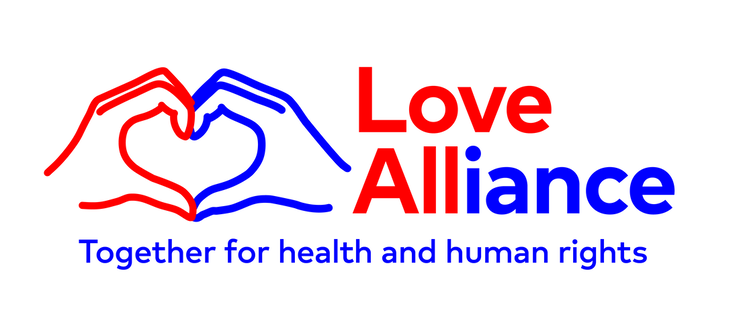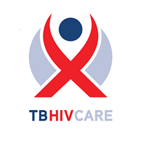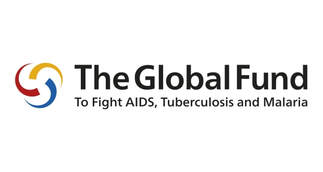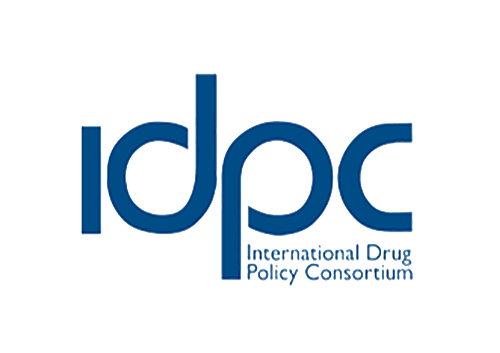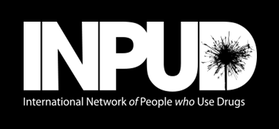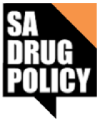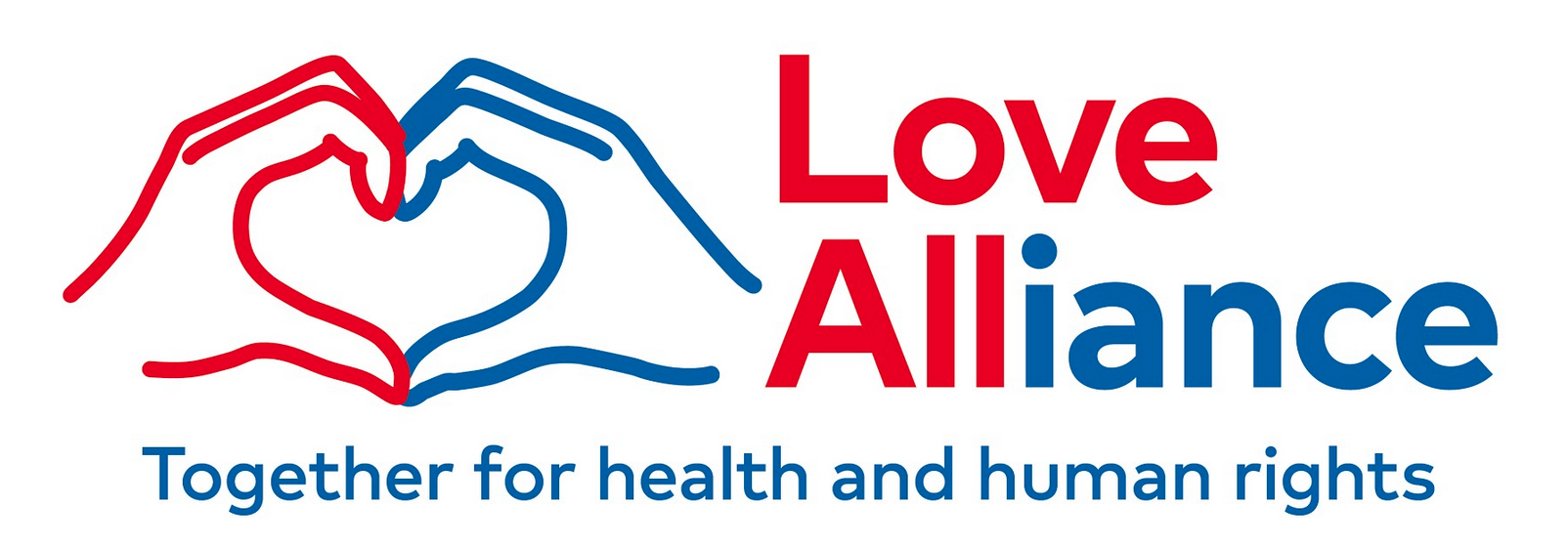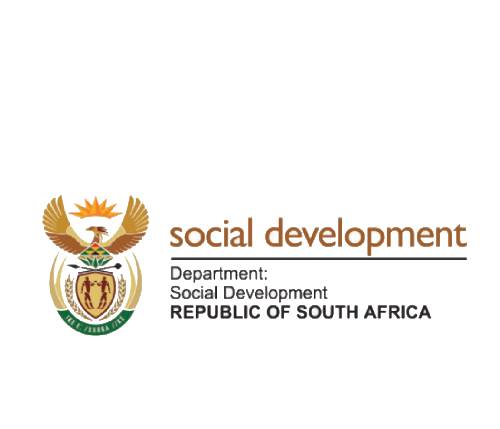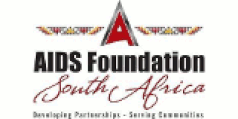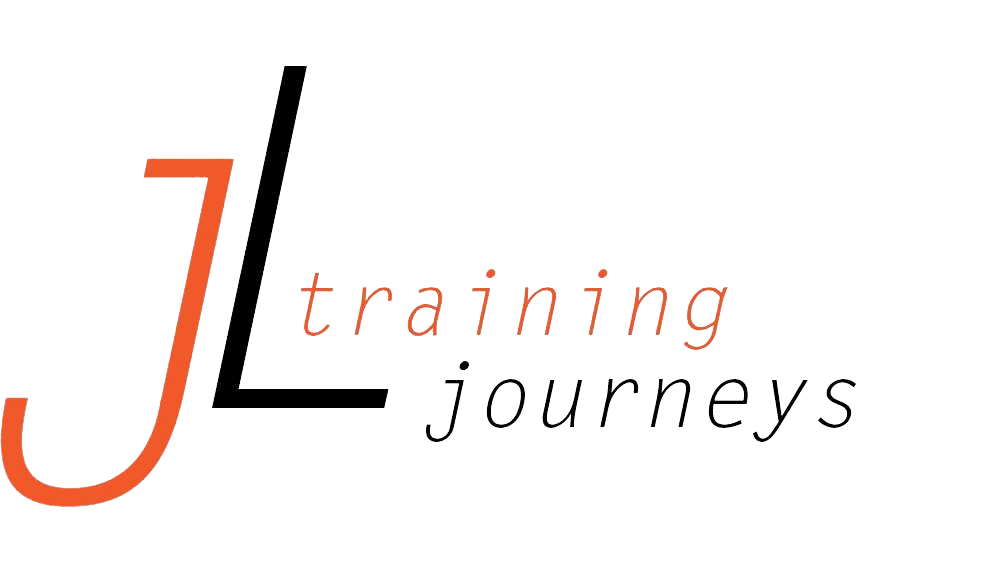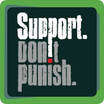Partnership
The Love Alliance, a new five-year programme (2021-2025), is based on an unwavering commitment to protecting, promoting and fulfilling sexual and reproductive health and rights (SRHR) globally, unifying people who use drugs, sex workers and LGBTIQ+ movements, and amplifying the diversity of voices in these communities.
Funded by the Dutch Ministry of Foreign Affairs, the Love Alliance brings together national thought leaders GALZ, SANPUD and Sisonke, regional grantmakers UHAI EASHRI, AFE and ISDAO, with the global network of people living with HIV (GNP+) and the Netherlands-based administrative lead Aidsfonds.
Together, we advocate for adequate levels of funding and for taking truly human rights-based programmes to scale. We take this opportunity to prioritise and invest in challenging the structural barriers of underfunding, criminalisation and exclusion of us in all our diversity.
The Love Alliance, a new five-year programme (2021-2025), is based on an unwavering commitment to protecting, promoting and fulfilling sexual and reproductive health and rights (SRHR) globally, unifying people who use drugs, sex workers and LGBTIQ+ movements, and amplifying the diversity of voices in these communities.
Funded by the Dutch Ministry of Foreign Affairs, the Love Alliance brings together national thought leaders GALZ, SANPUD and Sisonke, regional grantmakers UHAI EASHRI, AFE and ISDAO, with the global network of people living with HIV (GNP+) and the Netherlands-based administrative lead Aidsfonds.
Together, we advocate for adequate levels of funding and for taking truly human rights-based programmes to scale. We take this opportunity to prioritise and invest in challenging the structural barriers of underfunding, criminalisation and exclusion of us in all our diversity.
Objectives
Across Africa, communities are strengthened to come together and build movements to advocate for change by identifying common issues and tackling them together. Community organisations receive funding and support to fight for their rights and promote access to SRHR. The Love Alliance seeks to significantly reduce HIV infections by influencing policies, raising awareness and organising communities in ten African countries. With a specific focus on people who use drugs, sex workers, LGBTIQ+ people and people living with HIV, we aim to achieve the following goals:
1. Capable, inclusive, influential, and mutually supportive key population movements in unrestricted civic space.
2. An end to sexual, gender-based violence, stigma and discrimination against key populations.
3. Equal access to inclusive, people-centred, accountable, integrated HIV and comprehensive sexual and reproductive health services.
Our strategic objectives contribute to the Sustainable Development Goals (SDGs) 3 and 5 and result areas 4 and 1 of the Dutch Ministry of Foreign Affairs’ SRHR strategy.
Across Africa, communities are strengthened to come together and build movements to advocate for change by identifying common issues and tackling them together. Community organisations receive funding and support to fight for their rights and promote access to SRHR. The Love Alliance seeks to significantly reduce HIV infections by influencing policies, raising awareness and organising communities in ten African countries. With a specific focus on people who use drugs, sex workers, LGBTIQ+ people and people living with HIV, we aim to achieve the following goals:
1. Capable, inclusive, influential, and mutually supportive key population movements in unrestricted civic space.
2. An end to sexual, gender-based violence, stigma and discrimination against key populations.
3. Equal access to inclusive, people-centred, accountable, integrated HIV and comprehensive sexual and reproductive health services.
Our strategic objectives contribute to the Sustainable Development Goals (SDGs) 3 and 5 and result areas 4 and 1 of the Dutch Ministry of Foreign Affairs’ SRHR strategy.
Community groups
The Love Alliance is based on the premise that to end AIDS, the groups most affected by the epidemic need to be at the centre of the response. We build on existing evidence on the effectiveness of rights-based responses that focus on and meaningfully engage LGBTIQ+ people, sex workers, people who use drugs, with specific attention for people living with HIV, women and young people within these communities.
Background
The world is far behind in preventing new HIV infections. In 2019, 1.7 million people were newly infected with the virus, more than three times the global target. Also, the response could be set even further back, by a decade or more, if the COVID-19 pandemic results in severe disruptions to HIV services.
In 2019, people who use drugs, LGBTIQ+ people and sex workers accounted for 62% of new HIV infections worldwide, an increase of 15% compared to 2018. Causes for this increase are stigma and discrimination, together with other social inequalities and exclusion. Despite the urgency and needs, only 2% of current global HIV financing goes to programming for these key populations, and even less goes directly to communities and their organisations. There is an urgent need for securing the sexual and reproductive health and rights of all people.
The Love Alliance is based on the premise that to end AIDS, the groups most affected by the epidemic need to be at the centre of the response. We build on existing evidence on the effectiveness of rights-based responses that focus on and meaningfully engage LGBTIQ+ people, sex workers, people who use drugs, with specific attention for people living with HIV, women and young people within these communities.
Background
The world is far behind in preventing new HIV infections. In 2019, 1.7 million people were newly infected with the virus, more than three times the global target. Also, the response could be set even further back, by a decade or more, if the COVID-19 pandemic results in severe disruptions to HIV services.
In 2019, people who use drugs, LGBTIQ+ people and sex workers accounted for 62% of new HIV infections worldwide, an increase of 15% compared to 2018. Causes for this increase are stigma and discrimination, together with other social inequalities and exclusion. Despite the urgency and needs, only 2% of current global HIV financing goes to programming for these key populations, and even less goes directly to communities and their organisations. There is an urgent need for securing the sexual and reproductive health and rights of all people.
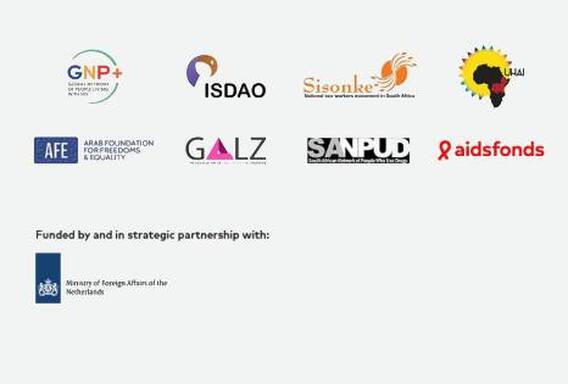
Partners
Our alliance is composed of alliance partners GALZ, SANPUD, Sisonke, UHAI EASHRI, AFE, ISDAO, Global Network of People Living With HIV (GNP+) and Aidsfonds, and other community-led organisations that are part of local, national, regional and global movements of LGBTIQ+, sex worker, people who use drugs and people living with HIV.
Together, we have a strong track record in global partnership management, grant-making including participatory grant-making, thought leadership, organisational resilience, movement building and capacity strengthening, and advocacy.
Our alliance is composed of alliance partners GALZ, SANPUD, Sisonke, UHAI EASHRI, AFE, ISDAO, Global Network of People Living With HIV (GNP+) and Aidsfonds, and other community-led organisations that are part of local, national, regional and global movements of LGBTIQ+, sex worker, people who use drugs and people living with HIV.
Together, we have a strong track record in global partnership management, grant-making including participatory grant-making, thought leadership, organisational resilience, movement building and capacity strengthening, and advocacy.
The Love Alliance is About Us
The Love Alliance is about us - people and our power when we come together as communities. Some of us identify as gay, lesbian, bisexual, trans, intersex and queer. Some of us use drugs, and some of us sell sex. Some of us are living with HIV. Some of us identify with or embody several of the above. We will use experience from our lived realities, evidence from our impact and partners from different sectors. We choose to focus on the things that bring us together rather than set us apart.
The Love Alliance is about us - people and our power when we come together as communities. Some of us identify as gay, lesbian, bisexual, trans, intersex and queer. Some of us use drugs, and some of us sell sex. Some of us are living with HIV. Some of us identify with or embody several of the above. We will use experience from our lived realities, evidence from our impact and partners from different sectors. We choose to focus on the things that bring us together rather than set us apart.
Our Theory of Change
The Love Alliance change strategy uses the lived experiences and expertise of our partners and their constituencies to concentrate power in stronger and more aligned networks. We want to ensure key populations are healthy and empowered through inclusive, people-centred SRHR. The Love Alliance Theory of Change outlines our goals, our long-term, mid-term, and short-term outcomes, and strategies for the coming five years.

